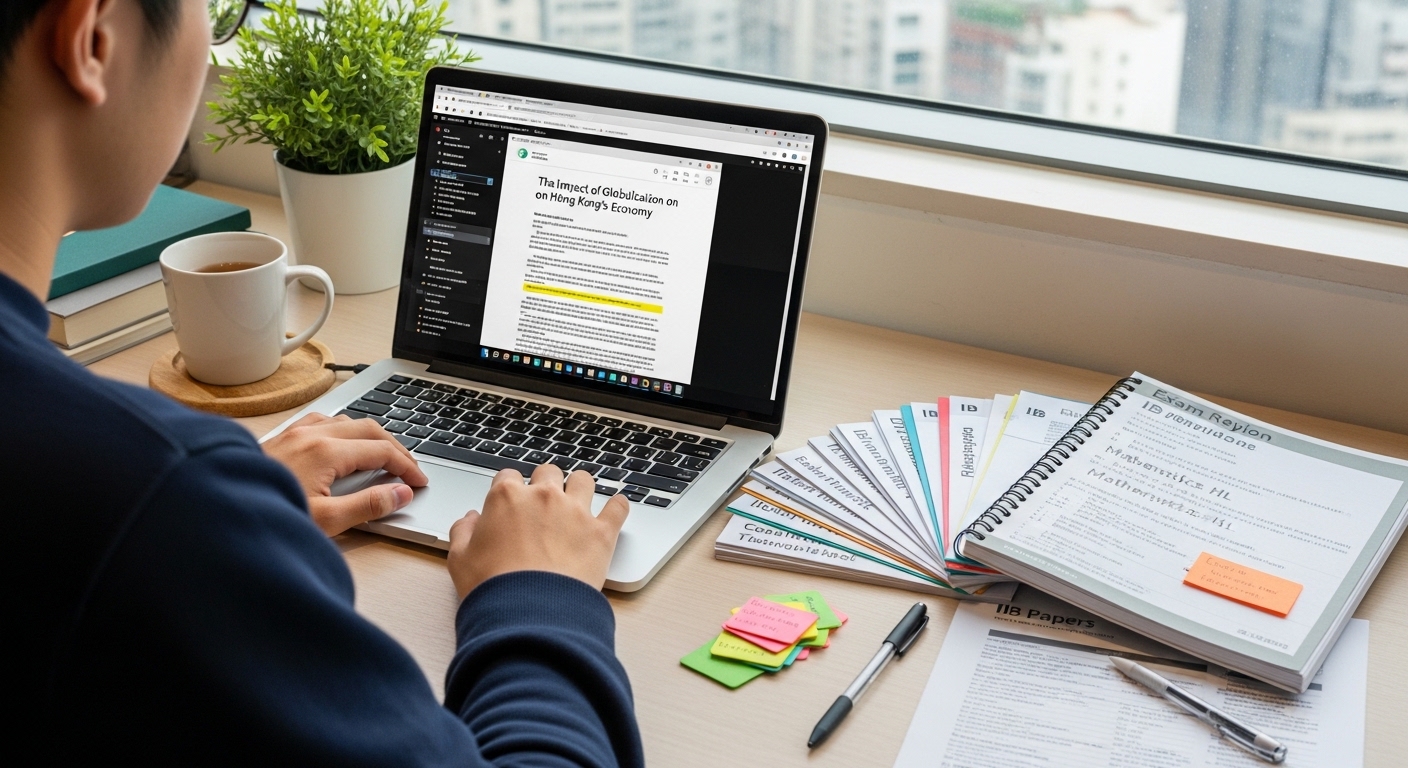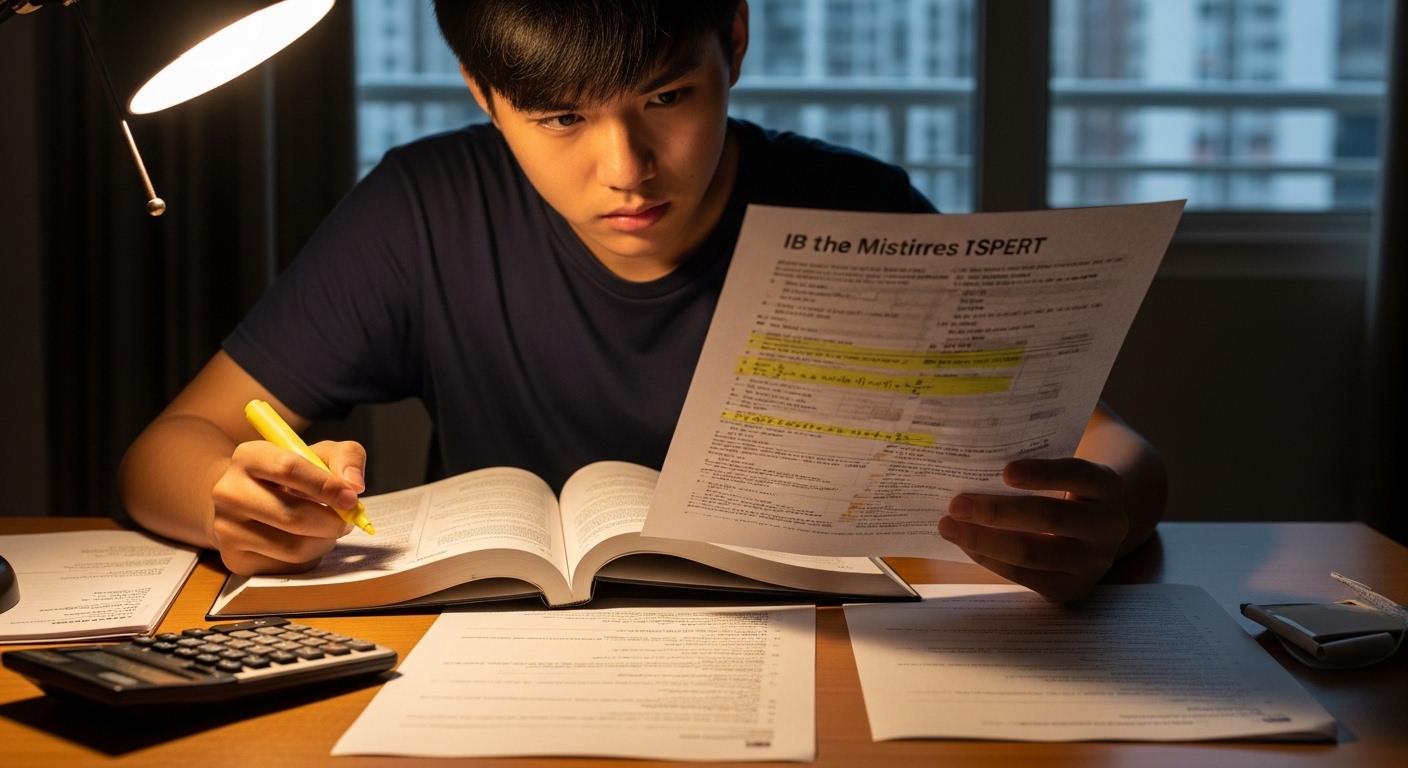Introduction
Feeling anxious before your GCSE maths exam is completely normal. After all, it’s one of the most challenging and important subjects. But stress doesn’t have to hold you back—it can be managed with the right mindset and preparation.
This guide reveals practical, science-backed techniques to manage GCSE maths exam stress, perform better under pressure, and enter your exam room with confidence. Plus, with Mathzem’s free GCSE maths courses and revision materials, you’ll have everything you need to stay calm and prepared.
Table of Contents
Why GCSE Maths Causes Stress
Maths anxiety is real. Many students fear not understanding complex topics or running out of time during the test. The pressure to achieve a good grade, combined with the challenge of problem-solving under time limits, often leads to exam stress.
However, stress isn’t always negative—it can motivate you to prepare better. The key is controlling it so it fuels your focus rather than freezing your mind.
Signs You’re Experiencing Exam Stress
Recognizing the signs early can help you manage them before they become overwhelming.
Physical symptoms:
- Headaches or nausea
- Rapid heartbeat
- Trouble sleeping
Emotional symptoms:
- Feeling overwhelmed or irritable
- Lack of confidence
- Difficulty concentrating
If these sound familiar, you’re not alone—many GCSE students experience them.
The Science Behind Exam Stress
When you feel anxious, your brain releases cortisol, a stress hormone that can affect memory and focus. Short-term stress can sharpen alertness, but too much cortisol blocks clear thinking, especially during timed exams.
That’s why it’s crucial to balance preparation with relaxation.
How to Prepare Early to Reduce Stress
The best way to reduce GCSE maths exam stress is to start early. Spacing out revision helps your brain retain information and prevents last-minute panic.
Try revising a little every day instead of cramming. Begin with your weakest topics first and gradually move to areas you’re more comfortable with.
Pro Tip: Mathzem offers a free revision planner and topic tracker to help you start right.
Create a Balanced GCSE Maths Revision Timetable
Divide your study time into short sessions with breaks. For example:
- 45 minutes of focused study
- 10 minutes of rest
- 5 minutes for review
Include time for exercise, meals, and sleep. Remember—rest is as important as revision.
Using Active Learning Techniques
Instead of rereading notes, engage actively:
- Solve practice questions
- Teach concepts to a friend
- Use flashcards for formulas
Interactive learning helps reduce boredom and keeps motivation high.
Practice with Mock Exams
Mock exams are a great way to simulate the real test environment. They help you:
- Understand question patterns
- Improve timing
- Reduce anxiety through familiarity
Mathzem offers free mock papers with detailed solutions—ideal for building exam confidence.
Learn to Manage Time Effectively
Poor time management often leads to stress. Use the “three-pass method”:
- Answer all easy questions first.
- Return to medium ones.
- Attempt the hardest last.
This ensures you secure quick marks early on.
Healthy Lifestyle Tips
Your brain performs best when your body is healthy.
- Sleep: Aim for at least 8 hours.
- Eat: Include brain foods like nuts, berries, and fish.
- Exercise: Even 20 minutes of walking improves focus.
Avoid caffeine overload—it increases anxiety.
Mindfulness and Relaxation Techniques
Try mindfulness to calm your nerves:
- Deep breathing: Inhale for 4 seconds, hold for 4, exhale for 4.
- Progressive muscle relaxation: Tense and release your muscles gradually.
- Visualization: Imagine yourself entering the exam room confidently.
These techniques reduce cortisol and increase focus.
Positive Self-Talk and Growth Mindset
Replace thoughts like “I can’t do this” with “I’m improving every day.”
A growth mindset helps you view challenges as opportunities to learn—not proof of failure.
Use affirmations like:
- “I am capable of solving tough questions.”
- “I’ve prepared, and I’m ready.”
Avoiding Burnout
If you’re studying too much without breaks, you risk burnout. Watch for signs like constant tiredness, frustration, or loss of motivation.
Schedule downtime—listen to music, take a walk, or meditate. A healthy balance leads to better results.
How Parents Can Help
Parents can support by:
- Encouraging regular breaks
- Avoiding unnecessary pressure
- Creating a calm environment at home
- Offering praise for effort, not just grades
A little support goes a long way during revision season.
How Mathzem Helps Students Manage Exam Stress
At Mathzem, we go beyond maths lessons. Our free GCSE maths courses are designed with built-in stress management strategies:
- Step-by-step topic videos
- Mock tests to build familiarity
- Study planners for better time management
- Motivational guidance from experienced tutors
By combining learning with wellbeing, Mathzem ensures students feel prepared, focused, and confident.
Call to Action
🎯 Ready to overcome GCSE maths exam stress?
Join Mathzem today for free access to study planners, stress-busting tips, and expert-led revision videos that help you stay calm and perform your best.
👉 Start your free course today at Mathzem.com
FAQs About GCSE Maths Exam Stress
Why do I get so nervous before maths exams?
It’s a normal reaction to pressure—but it can be managed with proper planning and breathing techniques.
How can I calm down before an exam?
Try deep breathing, positive affirmations, or light exercise.
What should I eat on the day of the exam?
Choose slow-release foods like oats, bananas, and eggs to maintain energy.
Can meditation really help with exam stress?
Yes, mindfulness helps you stay focused and reduces overthinking.
Is it okay to take a break from studying?
Absolutely. Breaks help your brain process and retain information better.
How can Mathzem help reduce exam stress?
Mathzem offers free revision materials, mock exams, and structured plans to guide you through preparation calmly.
Conclusion
GCSE maths exam stress is common, but it’s manageable. With the right mix of preparation, mindset, and support, you can face your exams with confidence and control.
Remember, stress doesn’t define your ability; how you respond to it does. Stay calm, keep practising, and let Mathzem guide you toward success.






